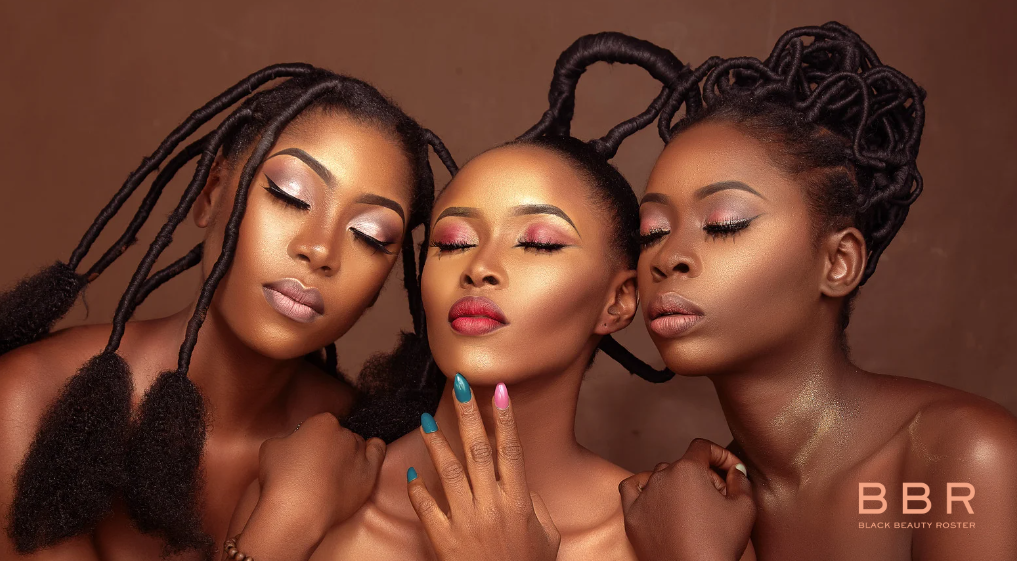Here you will find vetted beauty professionals for your on and off set hair and makeup needs
Artist availability may vary. Please request via BBR Support PageAre Black Beauty Brands Facing a Crisis?

We're witnessing a concerning trend among Black-owned beauty brands that has us deeply troubled.
Recently Beauty Bakerie announced its shutdown, Mented Cosmetics products became unavailable online and UOMA Beauty's website went down.
Mented Cosmetics' recent announcement on Instagram
These developments signal a distressing pattern that raises urgent questions about what is happening to these businesses. As we delve into this issue, it's crucial to explore the underlying challenges and consider the necessary steps to support and sustain these valuable enterprises within the beauty industry.
From navigating systemic barriers to adapting to the ever-changing preferences of consumers, Black-owned beauty brands are operating in a complex landscape. Understanding how they can not only survive but also flourish in the current economic climate is more important than ever.
Understanding the Market: A Dual Perspective
The beauty industry, ever dynamic and competitive, has seen significant shifts in consumer behavior and preferences. NielsenIQ's analysis reveals that Black Americans are increasingly investing in beauty products, with spending rates outpacing the general market. Yet, despite this promising consumer engagement, Black-owned brands represent a disproportionately small slice of the industry's revenue. This discrepancy underscores not just a market gap but a call for deeper investigation into the systemic challenges these brands face.
The Revenue Gap: A Closer Look
A report from McKinsey & Company brings to light a startling disparity: Black-owned beauty brands make up a mere fraction of the industry’s total revenue, despite Black consumers significantly contributing to the market. This gap speaks volumes about the challenges of visibility, access, and equity that Black entrepreneurs encounter in a landscape dominated by larger, often non-Black-owned corporations.
Beyond Economic Challenges: Systemic Barriers
The beauty industry's dynamism is both an opportunity and a hurdle for Black-owned beauty brands, which navigate a landscape marked by both consumer-driven trends and structural inequities.
Here's a closer look at the core challenges:
Systemic Barriers to Access and Growth:
- Limited access to capital remains a significant obstacle, constraining growth and innovation.
- Network constraints and a lack of access to critical industry insights can leave Black-owned brands at a competitive disadvantage.
- Higher or unclear expectations from merchants and retailers further complicate these brands' market entry and expansion efforts.
Operational Challenges with Large Retailers:
- The need for differentiated support from large retailers is crucial. Unlike their larger counterparts, smaller, small Black-owned brands require more tailored strategies that account for their unique operational challenges and market positioning.
Shifts in Consumer Preferences:
- The beauty market's evolution towards clean beauty has heightened competition, requiring brands to innovate continually.
- A shift from glam makeup looks to more natural aesthetics influences product development and marketing strategies.
Economic and Social Influences:
- The general decline in demand for beauty brands, exacerbated by economic conditions, affects all players but hits smaller, Black-owned businesses harder due to their limited financial cushioning.
- Burnout: Owners of small, minority-owned businesses, such as Black-owned beauty brands, frequently experience burnout due to microaggressions, limited access to capital, and industry biases.
- Social factors, including the waning momentum of DEI initiatives post-2020, present additional hurdles for brands striving for visibility and inclusivity.
Read more on this: Has Your Phone Stopped Ringing Since George Floyd
Addressing the Challenges
Enhancing Retailer Support Systems
Large retailers play a pivotal role in the ecosystem of beauty brands. By developing nuanced support systems that recognize the unique needs of small Black-owned businesses, retailers can help bridge the gap between potential and success.
This involves:
- Offering mentorship programs focused on navigating the beauty industry's complexities.
- Providing financial support or flexible payment terms to alleviate capital constraints.
- Creating platforms that highlight and celebrate the diversity of Black-owned brands, ensuring they receive the visibility they deserve.
Leveraging Market Shifts
Black-owned beauty brands, with their deep understanding of diverse beauty needs and trends, are well-positioned to lead the charge in areas like clean beauty and the move towards natural aesthetics. Capitalizing on these shifts requires:
- Continuous innovation in product formulation and branding to meet the rising demand for clean beauty products.
- Engaging marketing strategies that resonate with consumers' desire for authenticity and inclusivity.
Building Resilience in the Face of Economic Challenges
The economic downturn has undeniably impacted the beauty industry at large. For Black-owned brands, building resilience is key:
- Diversifying revenue streams through online platforms and direct-to-consumer models can reduce reliance on traditional retail channels.
- Strategic partnerships and collaborations can open new markets and bolster brand visibility.
Leading with Social Impact
In an era where consumers value brands that stand for more than just profit, Black-owned businesses have a unique opportunity to lead with social impact:
- Transparency in storytelling and brand values can foster a deeper connection with consumers.
- Initiating and participating in programs that support community empowerment and sustainability can reinforce the brand's commitment to making a positive impact.
As we continue this dialogue, let's shift from simply recognizing the problem to implementing solutions. The success of Black-owned beauty brands enriches the entire industry, offering diversity not only in products but in perspectives. This isn't just about beauty. It's about equity, opportunity, and the kind of society we want to build. Let's not wait for another brand to close before we act. The time for change is now.






